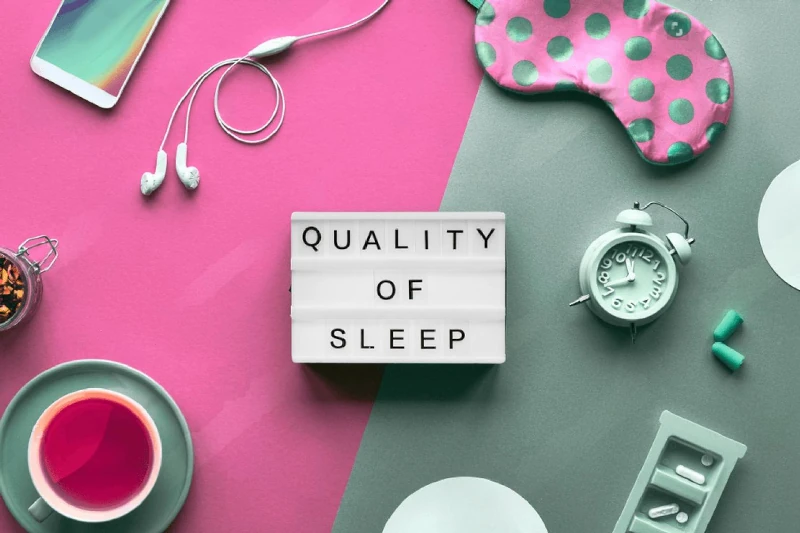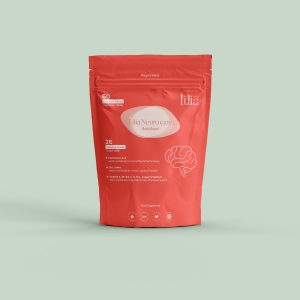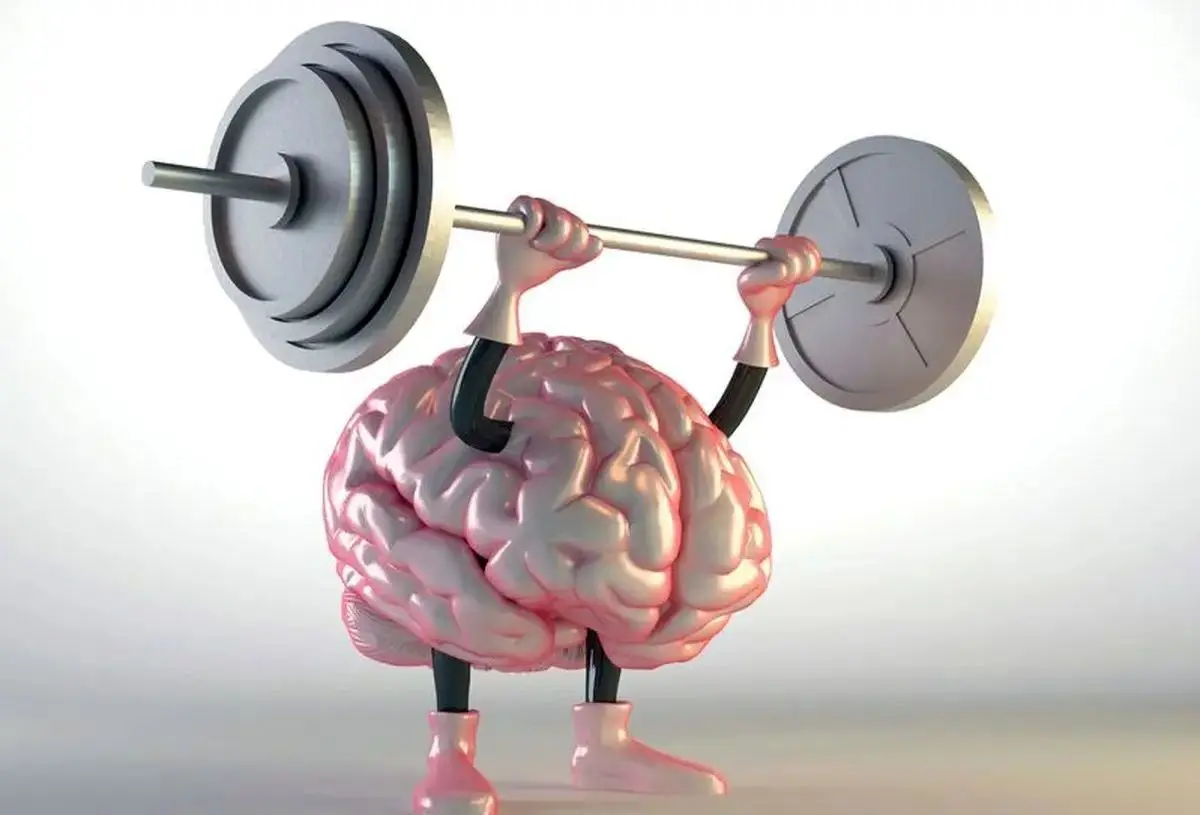جدول محتواها
Memory enhancement techniques for students are becoming increasingly vital in today’s competitive academic environment. With the constant pressure of exams, assignments, and learning new skills, students often struggle to retain and recall information effectively.
Fortunately, there are proven methods that can help sharpen memory and improve focus, enabling students to achieve their academic goals. In this article, we’ll explore practical strategies and lifestyle changes that can boost memory and pave the way for success.
Understanding the Importance of Memory for Academic Success
Academic success heavily relies on the ability to retain and recall information effectively, making memory a cornerstone of learning. For students, strong memory skills enable better understanding of complex subjects, efficient preparation for exams, and long-term retention of knowledge.
By incorporating memory enhancement techniques for students, individuals can not only improve their academic performance but also build confidence in their learning abilities. Understanding the role of memory is the first step toward unlocking a student’s full potential.
How Memory Works: A Simple Guide for Students
Memory is a complex process involving three key stages: encoding, storage, and retrieval. Encoding allows the brain to process information from the environment, storage ensures the information is retained over time, and retrieval enables us to access stored data when needed.
For students, understanding this process is essential to optimize their study habits and learning outcomes. By applying memory enhancement techniques for students, such as organizing information into meaningful patterns or using active recall methods, they can significantly improve their ability to retain and retrieve information efficiently.
Top Memory Enhancement Techniques to Boost Academic Performance
- Active Recall Practice: Regularly test yourself on key concepts instead of simply re-reading notes. This is one of the most effective memory enhancement techniques for students.
- Spaced Repetition: Review material at increasing intervals to strengthen long-term memory retention.
- Mind Mapping: Organize information visually to make connections and improve understanding.
- Chunking Information: Break down complex topics into smaller, manageable chunks for easier memorization.
- Healthy Lifestyle Habits: Prioritize sleep, exercise, and a balanced diet to support optimal brain function.
- Mnemonic Devices: Use acronyms, rhymes, or associations to help recall detailed information.
- Eliminate Distractions: Study in a focused environment to enhance concentration and memory retention.
- Teach What You Learn: Explaining concepts to others reinforces your understanding and memory.
Lifestyle Habits That Improve Memory and Concentration

- Prioritize Quality Sleep: Aim for 7-9 hours of sleep each night to allow your brain to consolidate memories and recharge.
- Stay Physically Active: Engage in regular exercise, as it boosts blood flow to the brain and enhances cognitive function.
- Eat Brain-Boosting Foods: Include foods rich in omega-3s, antioxidants, and vitamins like fish, nuts, and leafy greens.
- Practice Mindfulness and Meditation: Reduce stress and improve focus through mindfulness exercises and deep breathing techniques.
- Stay Hydrated: Drink enough water throughout the day to maintain optimal brain performance.
- Limit Screen Time Before Bed: Avoid electronic devices at least an hour before sleep to improve rest quality.
- Set Study Breaks: Follow the Pomodoro technique or take regular breaks to refresh your focus and memory.
By incorporating these habits alongside memory enhancement techniques for students, you can create a lifestyle that supports better memory and concentration.
The Role of Nutrition in Memory Enhancement for Students
Nutrition plays a critical role in supporting brain health and improving memory, especially for students facing academic challenges. A balanced diet rich in brain-boosting nutrients such as omega-3 fatty acids, antioxidants, vitamins, and minerals can significantly enhance cognitive function. Foods like salmon, walnuts, blueberries, and spinach are particularly beneficial for memory and concentration.
Additionally, staying hydrated is essential, as even mild dehydration can impair cognitive performance. By incorporating these nutritional choices alongside memory enhancement techniques for students, individuals can unlock their full learning potential and excel academically.
How Technology Can Help: Memory Apps and Tools
Technology offers a range of innovative solutions to support students in improving their memory and focus. From interactive learning platforms to specialized memory apps, these tools can make studying more efficient and enjoyable. By integrating these resources with memory enhancement techniques for students, achieving academic success becomes easier than ever.
Examples of Memory Apps and Tools:
- Quizlet: Create flashcards and practice active recall with custom study sets.
- Anki: Use spaced repetition to review key concepts at optimal intervals.
- Lumosity: Train your brain with fun games designed to improve memory and concentration.
- Evernote: Organize notes, set reminders, and structure study materials efficiently.
- MindMeister: Create visual mind maps to organize and connect ideas better.
- Focus Booster: Implement the Pomodoro technique to maintain focus during study sessions.
- Habitica: Turn studying and habit-building into a gamified experience for extra motivation.
Introducing Lilia Neuro Care: A Proven Solution for Better Memory

When it comes to improving memory and focus, Lilia Neuro Care is a scientifically-formulated supplement designed to support cognitive health. Packed with natural ingredients like Ginkgo Biloba, Bacopa Monnieri, and essential vitamins, it enhances brain function, boosts memory retention, and improves mental clarity.
Unlike conventional methods, this product is easy to incorporate into daily routines, making it a practical choice for students seeking an edge in their academic performance. Combined with memory enhancement techniques for students, Lilia Neuro Care offers a holistic approach to unlocking your brain’s full potential.
Conclusion
In conclusion, improving memory and focus is essential for academic success, and the right strategies can make a significant difference. By adopting effective memory enhancement techniques for students, such as active recall, spaced repetition, and maintaining a healthy lifestyle, students can achieve better retention and recall of information.
Additionally, incorporating scientifically-proven solutions like Lilia Neuro Care further supports cognitive health, providing an edge in academic performance. Start implementing these techniques and tools today to unlock your full learning potential and excel in your studies.
FAQs
What are some effective memory enhancement techniques for students?
Active recall, spaced repetition, mind mapping, and maintaining a healthy lifestyle are some of the most effective techniques for improving memory.
How can Lilia Neuro Care help students improve their memory?
Lilia Neuro Care is a natural supplement designed to support cognitive health, enhance memory retention, and improve focus, making it an excellent choice for students.
Can diet impact memory and concentration?
Yes, a balanced diet rich in brain-boosting nutrients like omega-3s, antioxidants, and vitamins can significantly enhance memory and focus.
Are memory apps useful for students?
Yes, apps like Quizlet and Anki use techniques like spaced repetition and active recall to help students study more effectively and retain information longer.







